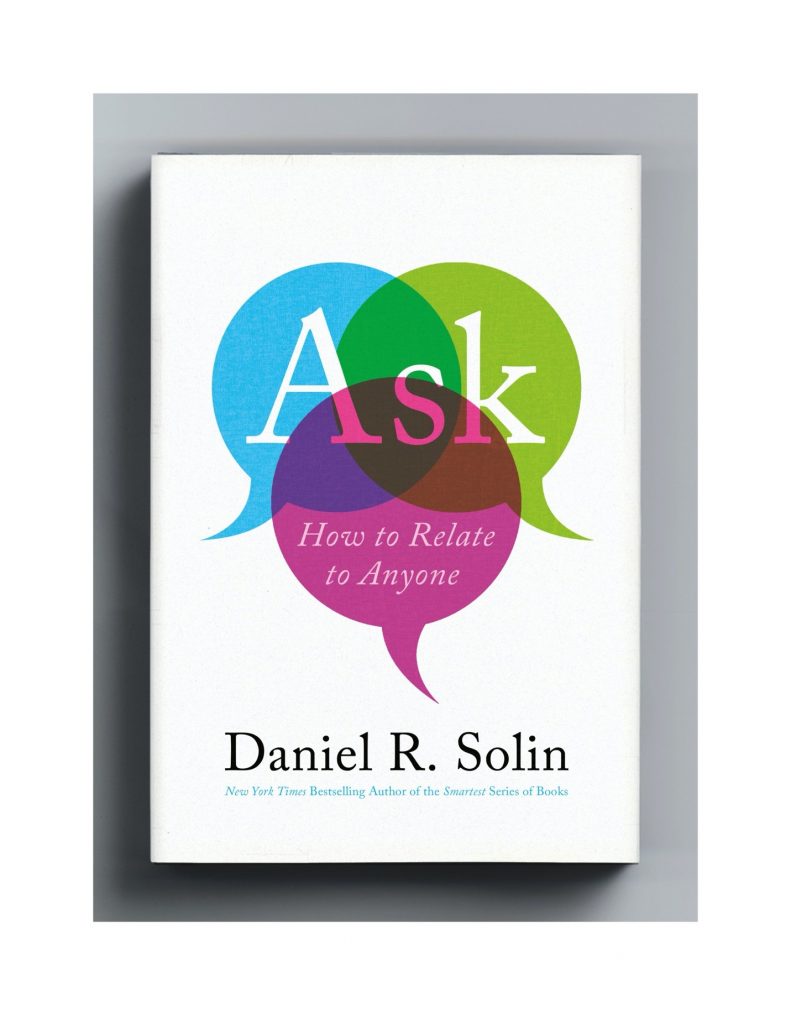
When I first started to write books I would lament how difficult it was to achieve sales. Friends and family would tell me, You need to go on Oprah. I would nod politely, but here’s what I’d be thinking: Great idea. I’ll just call her up and we’ll set a mutually convenient time for my appearance.
Unsolicited advice is almost always unwelcome and often demeaning. Even when someone seem to be asking for advice, it can be a trap.
It feels good
We love to give advice. I should know. I’ve spent my entire adult life giving advice as an attorney, a wealth advisor, a coach to investment advisors and an author. I’m giving advice in this blog (ironically, my advice is to stop giving advice!).
Part of the reason we give so much advice is that it feels good. Talking feels better than listening. Being a dispenser of wisdom enhances our feeling of self-worth and self-importance.
What about the person on the receiving end? According to neuroscientists, unsolicited advice is considered the second greatest threat to the amygdalae. The amygdalae functions in our brain to detect threats. It secretes chemicals when we feel threatened.
I doubt your goal when giving unsolicited advice is to trigger something akin to a “flight or fight” response in others.
Think twice before doing it.
Solicited advice
We’re so eager to give advice, we look for opportunities. When my friends heard me complaining about selling books, they (wrongly) interpreted my statements as a plea for help.
Often those who appear to be seeking advice just want to be heard. Before giving advice, ask a series of questions intended to discern the real issue. Here are some examples:
- What can I do to help?
- What have you done to try to resolve that issue?
- Can you give me more details about the problem?
I differentiate advice in my core areas of competence from more general advice. If I’m asked an investing or self-help question, I have no problem sharing my views.
If the issue isn’t within my expertise, it’s unlikely I can add value. My goal is then to show empathy and not trivialize the concern being expressed by offering a glib solution (like, you need to get on Oprah).
When I’m tempted to give advice, I think about the difference in my brain chemistry when I dispense it (a feeling of well-being and happiness) and the brain of the poor soul on the receiving end (like being attacked).
That’s usually enough for me to switch from conveying advice to eliciting information.
Ask Is Now Available For Immediate Shipment
- Buy a copy of Ask (hardcopy, Kindle, audiobook).
- Send your friends and family copies of Ask
- As a favor to me, please consider leaving a review of Ask on Amazon.
(To search for Ask on Amazon, you need to start inputting the subtitle: How to Relate to Anyone)
Thank you!

